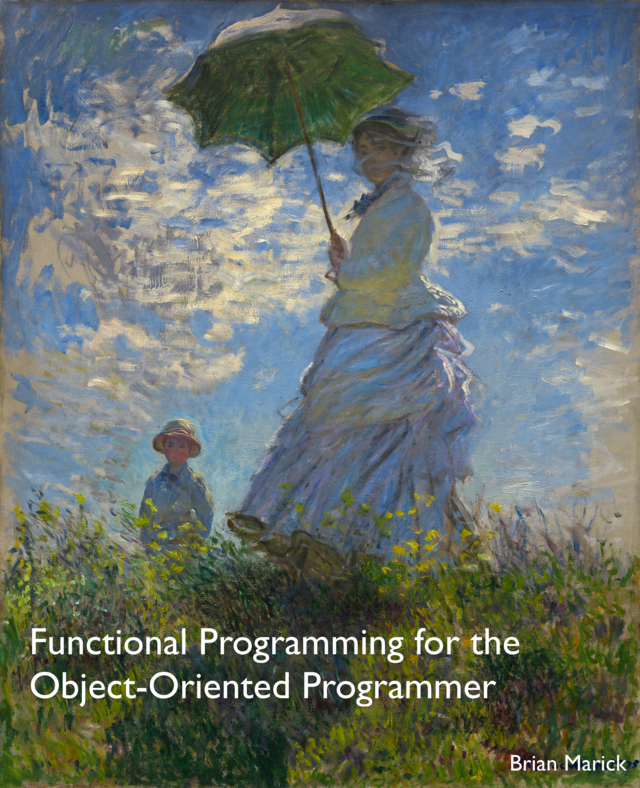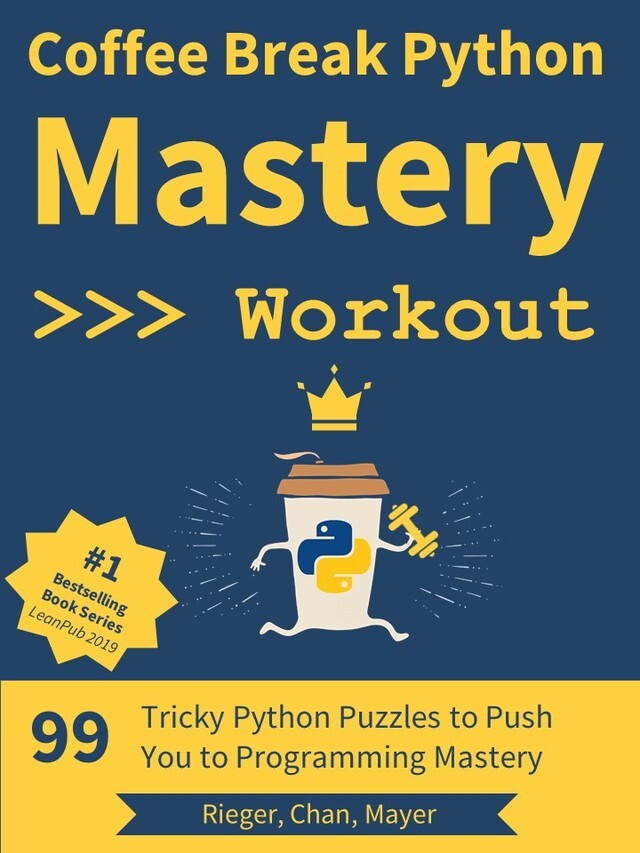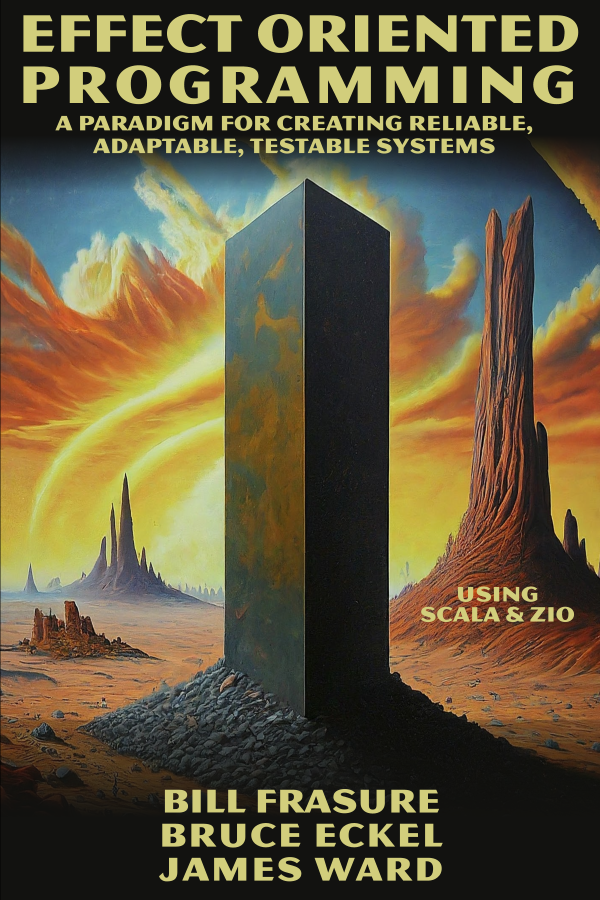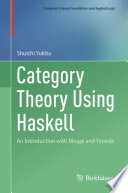Great read about laziness in the Nix programming language: https://nixcademy.com/posts/what-you-need-to-know-about-laziness/ Took some time to wrap my head around the wrap function but I have a better understanding of laziness in Nix now!

Great read about laziness in the Nix programming language: https://nixcademy.com/posts/what-you-need-to-know-about-laziness/ Took some time to wrap my head around the wrap function but I have a better understanding of laziness in Nix now!

Today's Gren Twigs video is about Gren Tui, a package for writing terminal UIs in a pure, functional, type-safe way using The Elm Architecture. I am very excited about this one and would love if you shared it!
https://www.youtube.com/watch?v=zBrjKJiy6rI&list=PLflA5Q354D42Zxi6KiLmNVNzQHINQ51U-&index=19
#Haskell Language Server 2.10.0.0 release announcement!
blog.haskell.org/hls-2-10-0-0/
Functional Programming for the Object-Oriented Programmer by Brian Marick is free with a Leanpub Reader membership! Or you can buy it for $7.99! http://leanpub.com/fp-oo #Software #FunctionalProgramming

Coffee Break Python - Mastery Workout by Christian Mayer, Lukas Rieger, and Adrian Chan is free with a Leanpub Reader membership! Or you can buy it for $19.99! http://leanpub.com/coffeebreakpython-masteryworkout #Python #ComputerProgramming #FunctionalProgramming

Coffee Break Python - Mastery Workout by Christian Mayer, Lukas Rieger, and Adrian Chan is free with a Leanpub Reader membership! Or you can buy it for $19.99! http://leanpub.com/coffeebreakpython-masteryworkout #Python #ComputerProgramming #FunctionalProgramming

Unwrapping Monads & Friends: Shining Light on Functional Programming's Scariest Concepts https://leanpub.com/monads-and-friends by Kyle Simpson is the featured book on the Leanpub homepage! https://leanpub.com #FunctionalProgramming #Javascript #books #ebooks
Are you scared by mathematical symbols or formal terms like "monad"? Unwrapping Monads & Friends offers a clear, approachable path through functional programming’s most intimidating concepts—no math degree required.
Find it on Leanpub!
Functional vs object-oriented vs procedural programming?
Effect Oriented Programming by Bill Frasure, Bruce Eckel, and James Ward is on sale on Leanpub! Its suggested price is $30.00; get it for $14.00 with this coupon: https://leanpub.com/sh/hAszc4up #Scala #FunctionalProgramming #SoftwareEngineering

Just published a longform article on parallel collectors in Java Streams.
Covers correctness, performance, pitfalls
Custom collectors with CONCURRENT semantics
JMH benchmark
TL;DR: .parallelStream() is not a magic wand.
What is currying and function composition? Functional programming has plenty of advantages, but sometimes it needs some explaining.
Take a deep dive into currying and function composition backed by a real-world example.

Dynamic Web Scripting https://leanpub.com/b/webscripting by GitforGits | Asian Publishing House is the featured bundle of ebooks on the Leanpub homepage! https://leanpub.com #Ruby #RubyOnRails #WebDevelopment #Python #FunctionalProgramming #Apis #SoftwareEngineering #books #ebooks
Functional Programming for the Object-Oriented Programmer by Brian Marick is free with a Leanpub Reader membership! Or you can buy it for $7.99! http://leanpub.com/fp-oo #Software #FunctionalProgramming

Ready to geek out over functional programming? Join us for the upcoming FPIndia Bangalore meetup!
https://hasgeek.com/fpindia/bangalore-fp-april-meetup/
#Bangalore #FunctionalProgramming #FPIndia #Meetup #India #Haskell #PureScript #OCaml #Elixir #Clojure #Scala

Published a new blog post about a #haskell tasks that I solved these days
https://abuseofnotation.github.io/haskell-task/
An introduction to typeclass metaprogramming. ~ Alexis King. https://lexi-lambda.github.io/blog/2021/03/25/an-introduction-to-typeclass-metaprogramming/ #Haskell #FunctionalProgramming
A #monad is when you know how to convert $M (M a)$ to $M a$, but not $M a$ to $a$.
Category theory using Haskell (An introduction with Moggi and Yoneda). ~ Shuichi Yukita. https://books.google.com/books?id=4Xc2EQAAQBAJ #CategoryTheory #Math #Haskell #FunctionalProgramming
